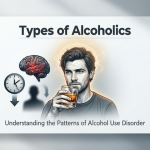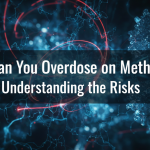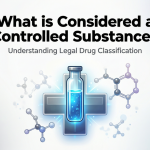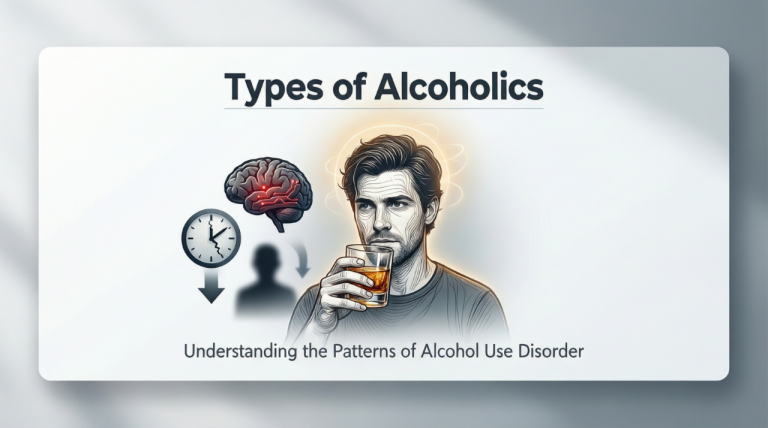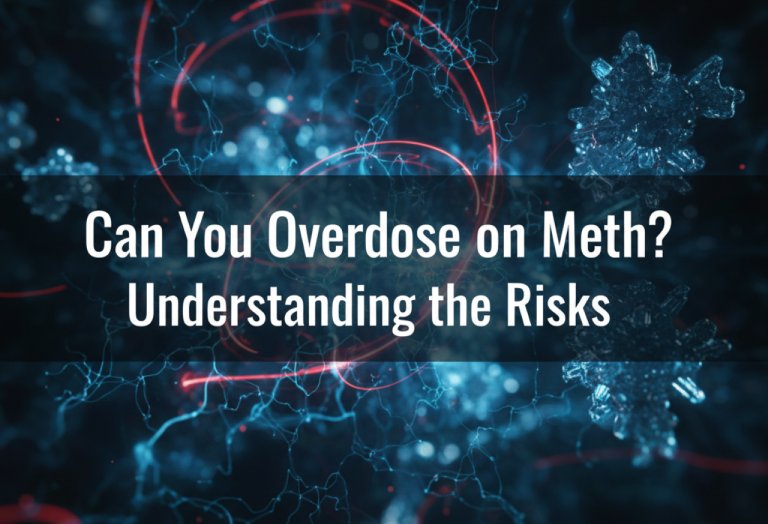The mental health condition of Narcissistic Personality Disorder (NPD) remains difficult to detect because people often fail to understand or identify it correctly. Narcissistic Personality Disorder goes beyond superficial arrogance according to popular culture but it exists as a treatable clinical disorder according to medical diagnosis. Having narcissistic personality disorder creates obstacles for those affected in building functional relationships and performing adequately in their daily life activities.
We will discuss the nature of narcissistic personality disorder throughout this blog together with its various types and symptoms followed by treatment options. Understanding narcissistic personality disorder represents the initial stage in the recovery process for everyone who shows signs or anyone they care about.
What is Narcissistic Personality Disorder?
The diagnosis of Narcissistic Personality Disorder brings together four primary attributes including elevated self-importance together with intense admiration hunger and relationship dysfunction and diminished capacity to relate to others emotionally. People with NPD symptoms display outward confidence while their inner self-esteem remains delicate and they remain easily disturbed by criticism.
NPD belongs to the Cluster B collection of personality disorders together with antisocial and histrionic and borderline personality disorders. People with these disorders exhibit emotional as well as dramatic along with erratic behaviors.
Narcissistic personality disorder causes persistent patterns which create major distress or social and occupational disabilities throughout an individual’s life.
Types of Narcissistic Personality Disorder
Narcissistic personality disorder exists in two accepted subtypes that show distinctive behaviors and coping methods.
1. Grandiose Narcissism
Society at large views this specific concept as the prototypical definition of narcissism. Individuals with grandiose NPD present themselves as arrogant people who have high self-esteem and control their surrounding environment. Narcissistic patients show behavior through exaggerated self-promotion alongside unreasonable demands and refusal to acknowledge other people’s thoughts or work.
Key traits:
- Inflated self-image
- Aggressive pursuit of success and admiration
- Lack of empathy
- Charm mixed with manipulation
2. Vulnerable (Covert) Narcissism
This form of NPD contains subtle elements which render its detection challenging. Those who have vulnerable NPD disease display shyness or reserve yet maintain both a sense of deserving more and hidden hate toward others. People with this type tend to feel sensitive to all forms of criticism while consistently receiving neither acknowledgement nor correct understanding of their situations.
Key traits:
- Fragile self-esteem
- Sensitivity to rejection
- Passive-aggressiveness
- Feelings of inadequacy masked by defensiveness
The subtype identification enables proper strategic planning of treatment for narcissistic personality disorder.
Symptoms of Narcissistic Personality Disorder
Each individual with narcissistic personality disorder demonstrates one or more of the symptoms which may differ between types of disorder.
- Exaggerated sense of self-importance – Believing they are superior and can only associate with other “special” people
- Fantasies of unlimited success, power, brilliance, or beauty
- Belief of being unique and needing admiration – Requiring constant praise and validation
- Entitlement – Expecting favorable treatment or automatic compliance with their expectations
- Exploitive behavior – Taking advantage of others to achieve personal goals
- Lack of empathy – Being unwilling or unable to recognize the needs and feelings of others
- Envy – Often envious of others or believing others are envious of them
- Arrogant or haughty behavior – Coming off as conceited or boastful
- Difficulty with criticism – Reacting with rage or shame when criticized
Such improper conduct typically produces problems in personal relationships and work problems along with dual mental health conditions including depression and anxiety.
Causes and Risk Factors
Medical experts determine that narcissistic personality disorder emerges from a mix of genetic along with environmental and social components that influence its development.
Potential contributors include:
- Genetics: Inherited traits may predispose individuals to develop NPD.
- Childhood environment: Excessive pampering, excessive criticism, or abuse during childhood can affect personality development.
- Parenting style: Inconsistent or unrealistic feedback from caregivers regarding a child’s behavior and self-worth.
- Neurobiology: Differences in brain structures or functions related to emotion regulation and empathy.
Recognizing the root of narcissistic personality disorder helps guide more effective and compassionate treatment options.
Narcissistic Personality Disorder Treatment Options
The treatment of narcissistic personality disorder proves difficult because most affected patients lack awareness about their need for help. The support of professionals makes such changes achievable.
1. Psychotherapy (Talk Therapy)
Psychotherapy serves as the essential treatment approach for patients with narcissistic personality disorder. The central objective focuses on making patients aware of their conduct and establishing strong self-esteem before teaching proper social interaction.
The primary therapeutic approaches which help patients deal with narcissistic personality disorder involve:
- Cognitive Behavioral Therapy (CBT) assists patients in identifying unbalanced thinking patterns which they replace with neutral psychological structures.
- Through Dialectical Behavior Therapy patients learn to control overwhelming emotions as they build better communication abilities.
- The therapeutic approach of psychodynamic therapy looks into the mechanisms of unconscious psychological forces which shape behaviors that occurred in the past and impact present personal relationships.
Schema Therapy functions by uniting cognitive behavioral therapy with psychoanalytic principles to treat extended behavioral patterns from early childhood.
2. Medication
Narcissistic personality disorder does not receive specific medical treatments from the FDA. The treatment includes prescription medications to address depressive symptoms and symptoms of anxiety together with mood swings. Common options include:
- Antidepressants
- Mood stabilizers
- Anti-anxiety medications
Taking medications does not solve the problem but provides assistance during therapy while maintaining emotional steadiness.
3. Group Therapy
Group therapy serves as a possible treatment option in certain circumstances. People gain understanding of their behavior effects on others while developing empathy and communication abilities through a safe therapeutic environment.
4. Family Therapy
The relationships of family members frequently face major challenges when dealing with people who have NPD. Family therapy helps people understand NPD by educating them about the disorder while teaching improved communication methods and setting clear boundaries and building mutual understanding.
Challenges in Treatment for Narcissistic Personality Disorder
People with NPD typically do not spontaneously attend psychological treatment sessions. External challenges such as failed relationships along with job loss and legal issues usually trigger their treatment participation. The healing process within mental health treatment shows individuals who either fight against improvement or confront difficulty in owning their personal conduct.
A mental health treatment center specialized in treating narcissistic personality disorder needs to be sought when choosing a facility for proper therapy. Medical intervention requires a combination of endurance and personalized therapeutic protocols which must treat both NPD symptoms together with distinct psychological illnesses.
Therapy for Narcissistic Personality Disorder
The staff at Orlando Treatment Solutions delivers compassionate, evidence-based therapies to treat patients with narcissistic personality disorder. The mental health professionals at Orlando Treatment Solutions utilize their experience to recognize the complexities of narcissistic personality disorder when helping people achieve lifestyle improvements.
Our team exists to support your needs throughout your journey even if you face symptoms by yourself or attempt to assist someone close to you. Our facility provides individualized narcissistic personality disorder treatments to help patients develop self-awareness and regain emotional control in their lives.
When to Seek Help
Seek professional assistance when someone you love shows symptoms of narcissistic personality disorder which both create emotional burden and destroy vital relationships.
Watch for these signs:
- Persistent relationship conflicts
- Difficulty accepting criticism or responsibility
- Chronic dissatisfaction or unhappiness despite apparent success
- Emotional detachment or manipulation
The presence of depressive symptoms together with anxiety symptoms or substance abuse disorders

Call Orlando Treatment Solutions Today
The isolation experienced by narcissistic personality disorder patients does not require them to handle this condition by themselves because help exists for everyone. Through appropriate medical care along with suitable treatment methods the process of healing becomes possible. The Orlando Treatment Solutions will assist in leading you or your loved one toward recovery as they move toward a more promising future.
Contact our team at (321) 415-3213 for compassionate support from a professional member to obtain more details.







